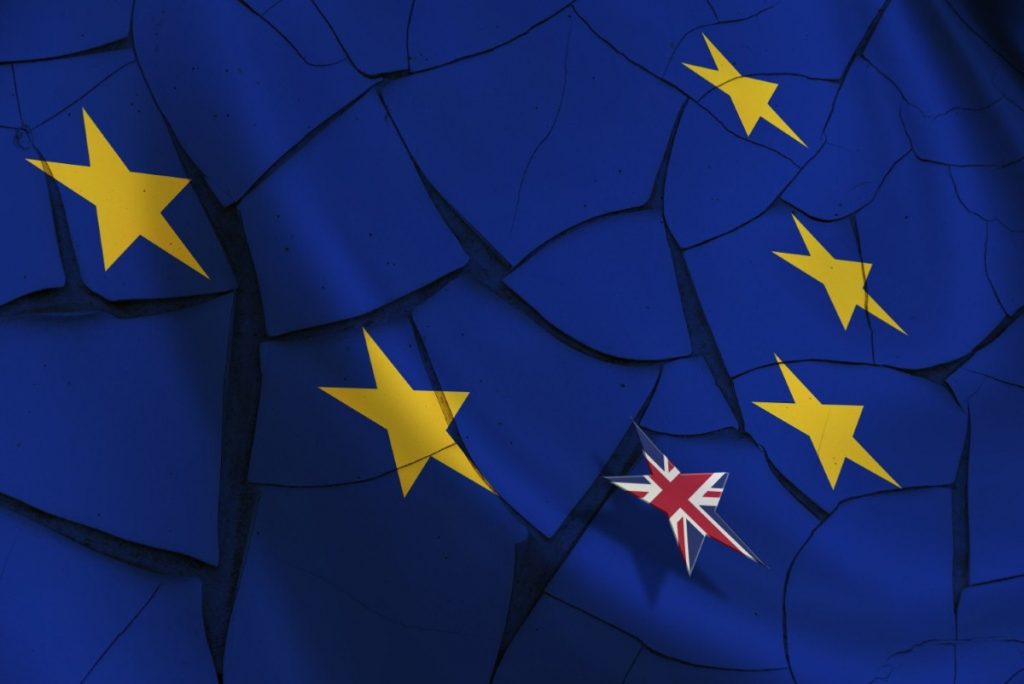By Chaminda Jayanetti
In the immediate wake of Theresa May's election meltdown this month, anti-Brexit commentators queued up to declare it a vote against her plans for a 'hard' Brexit.
At first it seemed like talking heads constructing the narrative they wanted to hear.
After all, May's election losses outside London seemed to have more to do with a backlash against austerity than against Brexit. Immigration, having featured so heavily in the 2010 and 2015 elections, was suddenly a non-issue.


Moreover, the definition of hard Brexit seemed to have magically morphed from leaving the single market and customs union, to leaving the EU without any trade deal at all – even though May had always made clear the latter was her preference.
This media narrative grew to the point where even leading Brexiters were openly contemplating Britain staying in the single market. But what nobody was doing was asking the British public.
Well, now they have. YouGov's poll for this morning's Times asked people the following question:
If you had to choose one or the other, which of the following would you prefer?
• Britain having full control over immigration from Europe, but British businesses no longer having free access to trade with the EU
• British businesses having free access to trade with the EU, but Britain having to allow EU citizens the right to live and work in Britain
First, a caveat – the options are a bit of a word salad, trying to summarise Britain's choice between staying in the single market and limiting EU immigration. Some may have misunderstood what these options meant – "having to allow EU citizens the right to live and work in Britain" sounds different to "uncontrolled immigration from the EU".
Nevertheless, the results are stark. Of those giving an answer, 58% preferred free access to trade with the EU with free movement remaining, with only 42% prioritising immigration controls.
Just before the election, the gap between the two options was six per cent. Now it's 16%. Public opinion has shifted in the last two weeks.
Why has this happened? It's not easy to say, but here are some possibles. The rise in inflation and slowing of the economy may have made some previous supporters more nervous about Brexit. Media coverage of key worker shortages in the NHS and social care may have highlighted the importance of immigrants to this country. The rocky start to Britain's Brexit negotiations could have dented confidence among Leave voters in the whole process.
Or it may simply be that the fall in immigration since the referendum has neutered it as a concern for some Leave supporters – an assumption that the matter has effectively been taken care of.
The prime minister is still pursuing the same agenda as before – there's less talk of a 'no deal' Brexit and the net migration target has receded from view, but she is still committed to leaving the single market and customs union and cutting immigration.
Labour, whose frontbench is divided on the issue, is still officially committed to leaving the single market (allowing Corbyn and McDonnell to make big state aid commitments) and ending free movement (a key concern of MPs with pro-Brexit seats).
However, a growing chorus of Labour MPs are demanding the party switch to backing single market membership. This new poll will put wind in their sails – some public meat on the bones of media narratives.
If Brexit talks get bogged down and opinion continues to shift in this direction – if polling starts to show leads of 20% or more for prioritising the single market, say – it will become much harder for the Labour leadership to resist, especially having secured such dramatic seats in London's pro-Remain heartlands.
Shifting the government's view will be harder. The Tories secured the votes of most former Ukip supporters, which prevented the party from losing even more seats, and helped it secure a handful of gains well away from the capital. May's non-existent majority makes her utterly dependent on her hard Brexiter backbenchers and the anti-immigration DUP.
What happens now is impossible to predict. Opinion may shift back. Other polls may bring different findings. But at least there is now evidence that the momentum for a soft Brexit isn't just media noise.
Chaminda Jayanetti is covering the general election for Politics.co.uk. He tweets here.
The opinions in politics.co.uk's Comment and Analysis section are those of the author and are no reflection of the views of the website or its owners.












